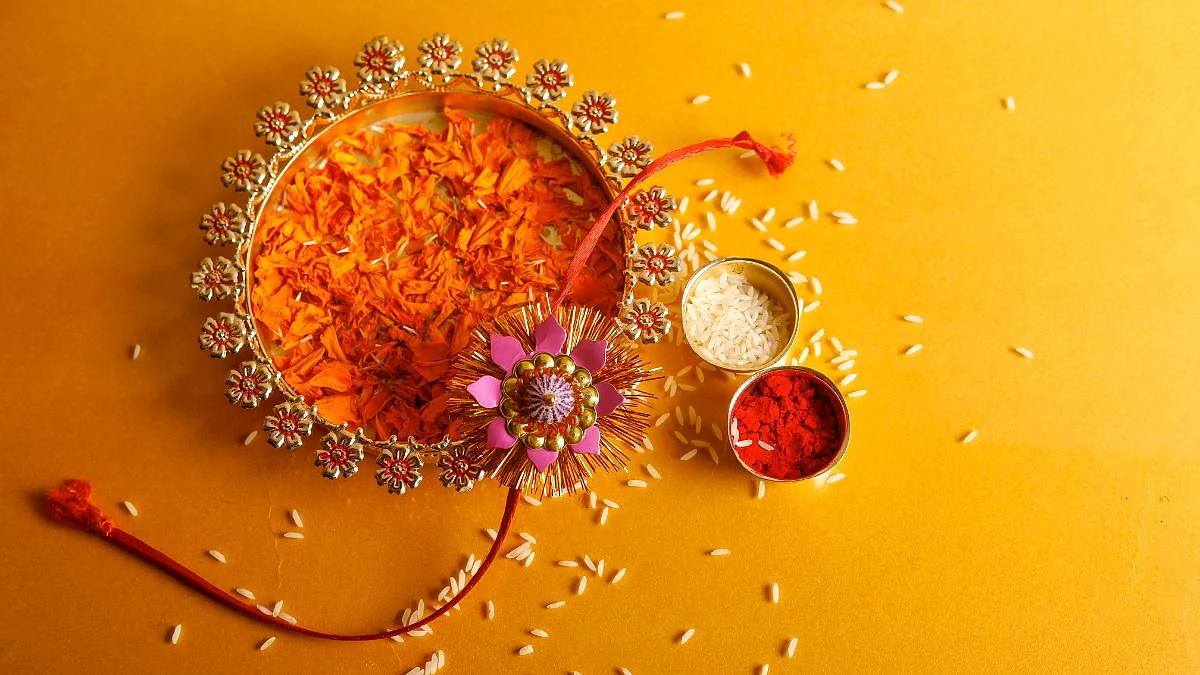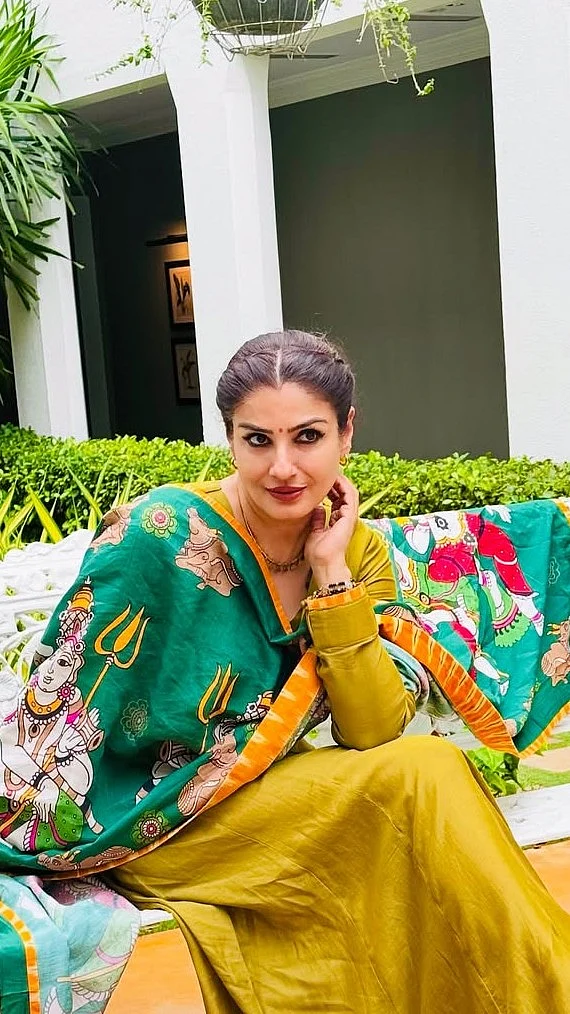Rakshabandhan is a popular Hindu festival. It celebrates the bond between brothers and sisters. On this special day, sisters tie the sacred thread, or Rakhi, around their brothers' wrists, symbolising their love, care, and prayers for their brothers' well-being. The timing of the Rakhi tying ceremony is considered very important in ensuring the rituals are performed during the most auspicious period, or muhurat, for the blessings of Rakshabandhan to be fully realised.
Rakshabandhan 2025: Subh Muhurat
Rakshabandhan is a sacred festival where sisters tie a rakhi on their brothers' wrists, praying for their long life and happiness. Since the act involves a sacred ritual and emotional bond, it must be done during a shubh (auspicious) muhurat. The auspicious festival falls in the Shravan month during the full moon day or Purnima day. The most auspicious time to tie Rakhi is during the Aparahna Muhurat, which falls in the late afternoon according to the Hindu division of the day. According to Drik Panchang, the Purnima tithi of Raksha Bandhan will be observed on August 8, 2025.
Purnima Tithi Begins - 02:12 PM on August 08, 2025
Purnima Tithi Ends - 01:24 PM on August 09, 2025
Why is Bhadra Kaal considered inauspicious?
Bhadra Kaal, also known as Bhadra Muhurat, is a specific time period in Hindu astrology ruled by the deity Bhadra. Bhadra is associated with strong, aggressive, and fiery energy. As per scriptures, any auspicious work or festival rituals performed during Bhadra Kaal can lead to obstacles, conflict, or negative outcomes. Hence, major ceremonies like weddings, housewarmings, or tying the rakhi on Rakshabandhan are avoided during this period.

Rakshabandhan | Canva

Rakshabandhan celebrations
Rakshabandhan is celebrated throughout India, with varying traditions and customs in different regions. The auspicious festival is prominent in Uttar Pradesh, Punjab, Haryana, Madhya Pradesh, Gujarat, and Himachal Pradesh. Typically, Rakshabandhan is celebrated with family gatherings, aartis (a ritual of worship), tilak (a ceremonial mark) on the forehead, and the tying of the rakhi. In Haryana, the festival is also called Salona.










